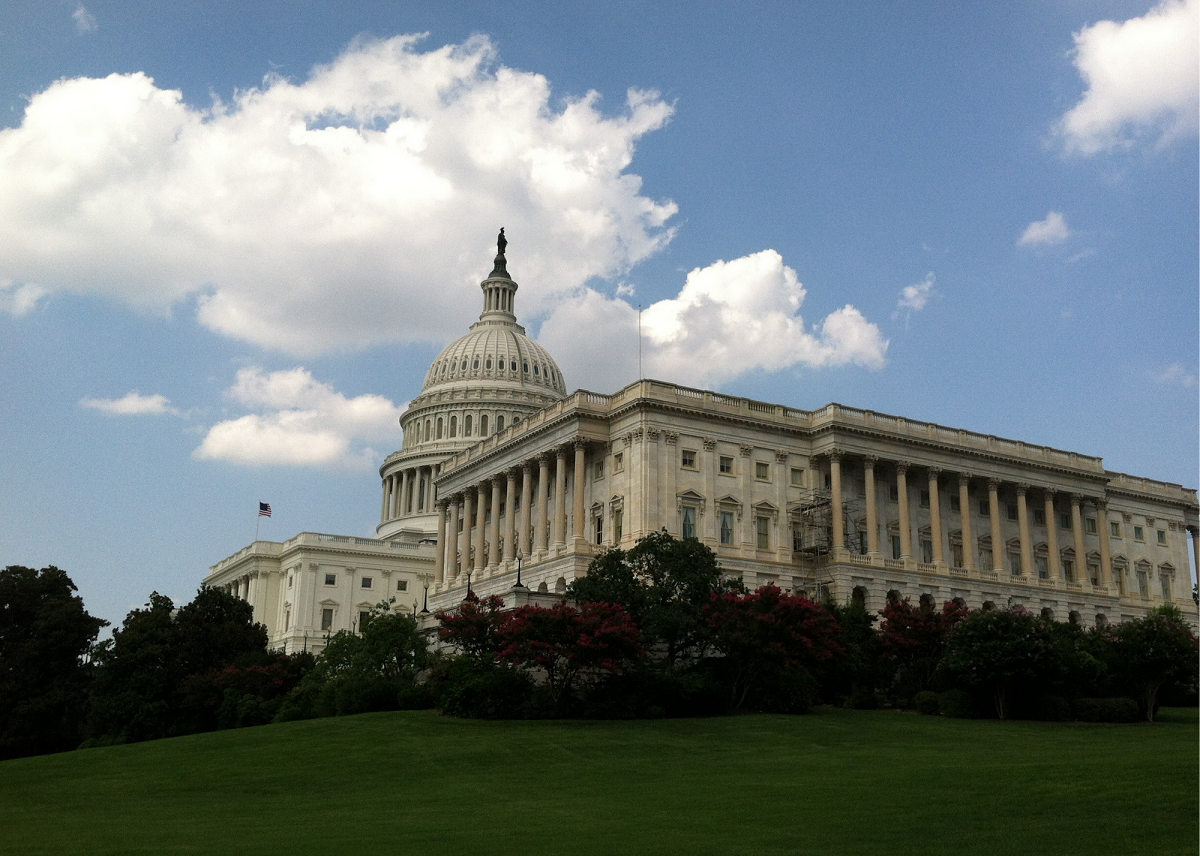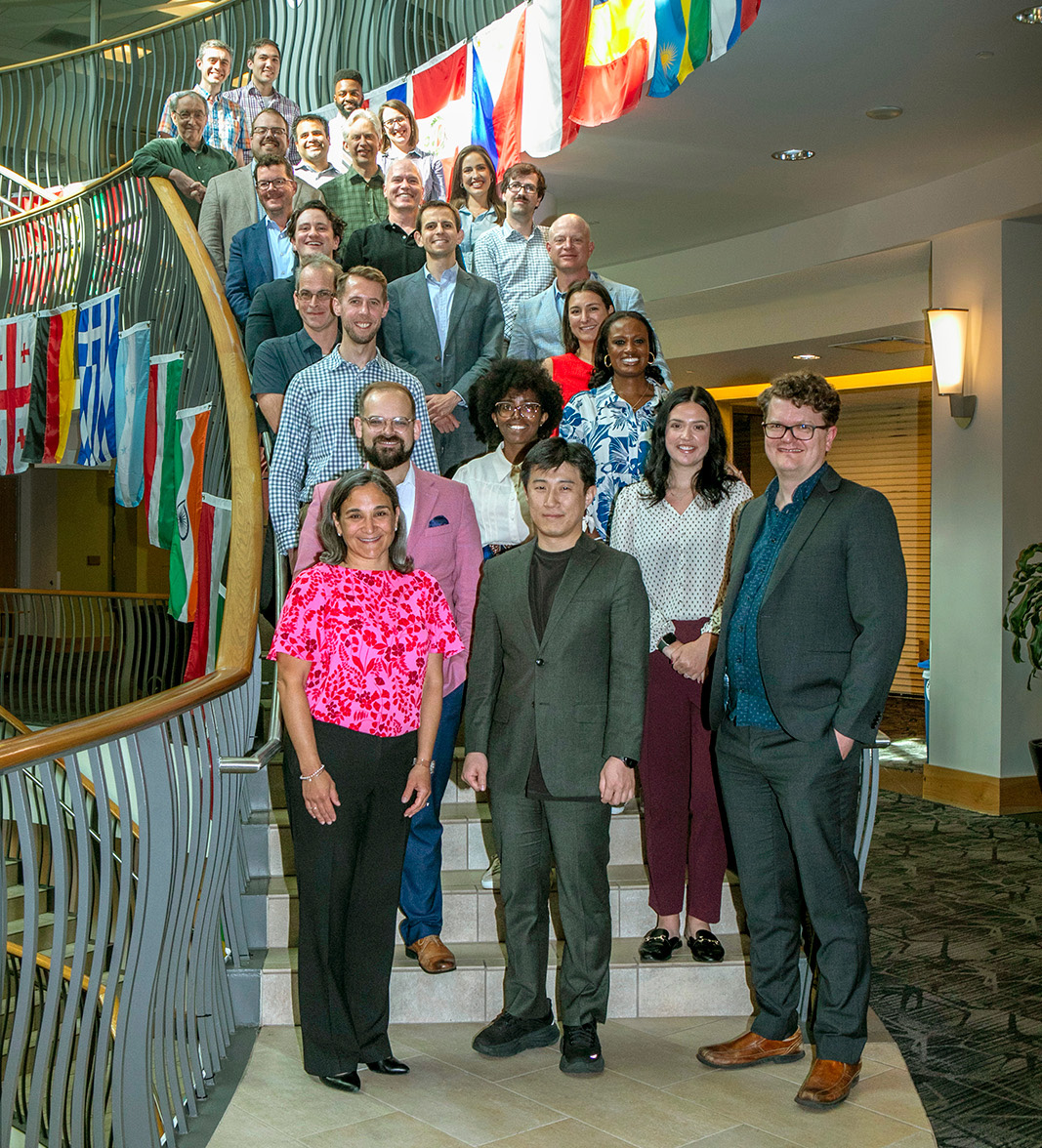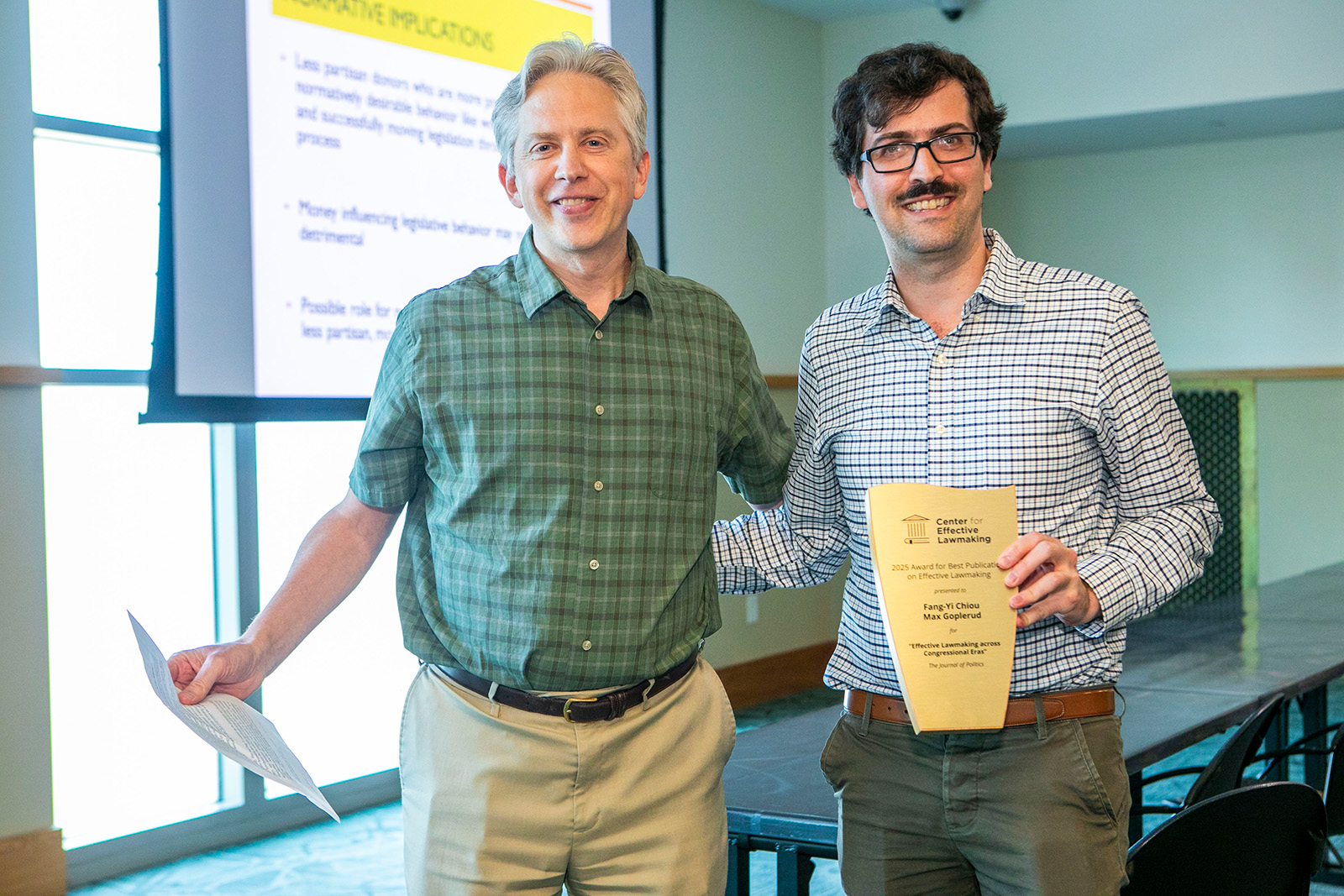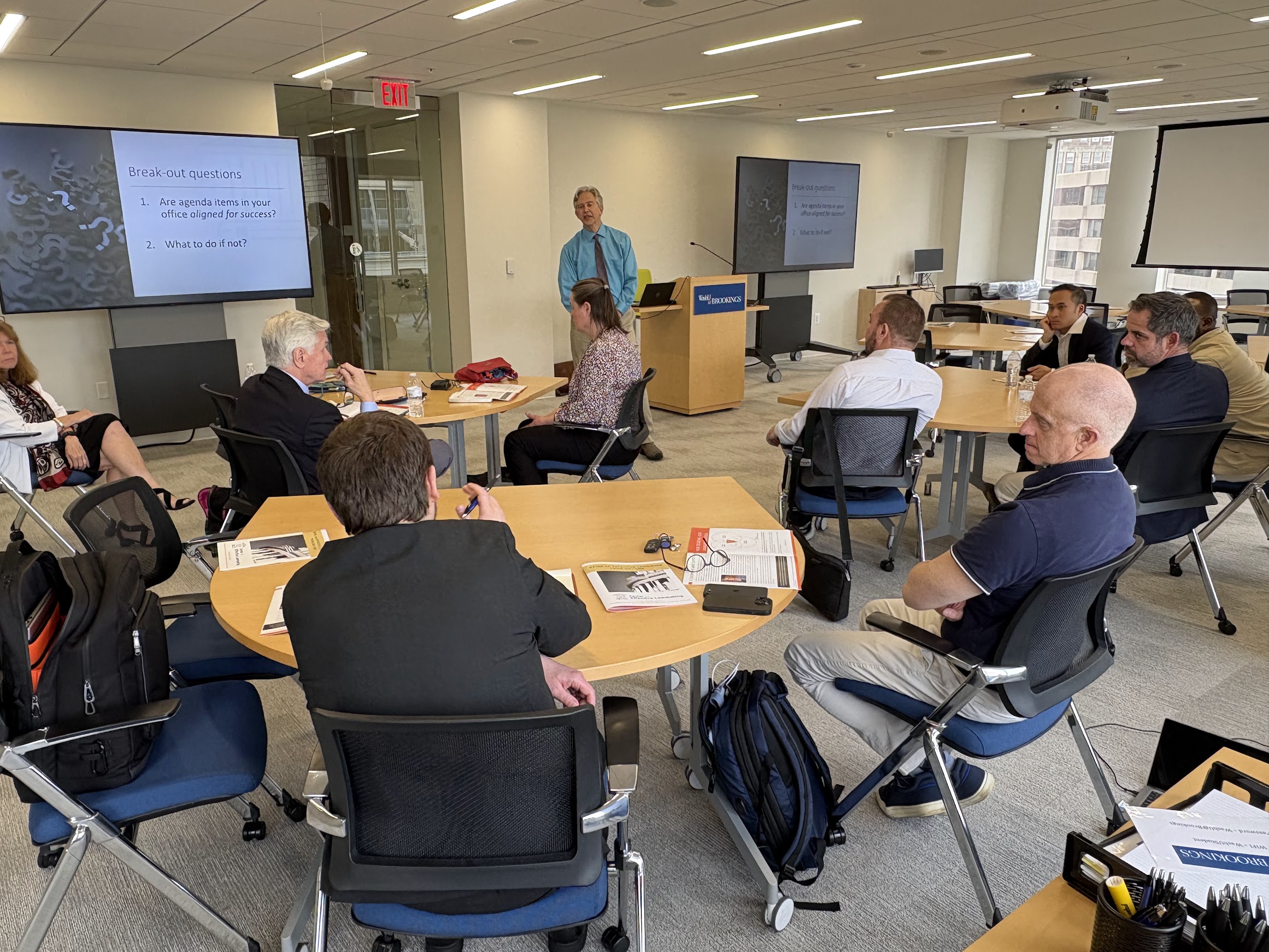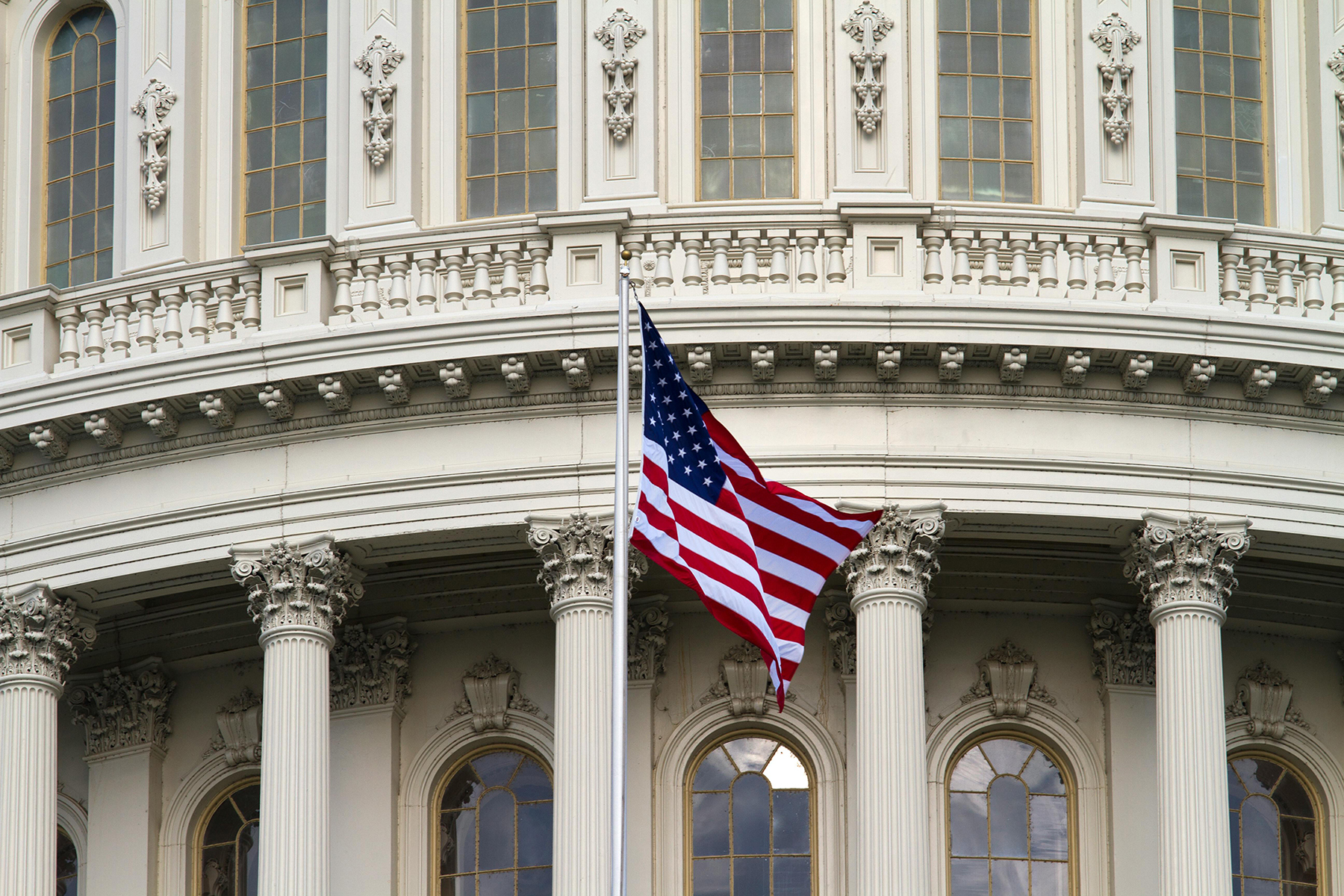Prior Experience and State Legislative Effectiveness
Prior Experience and State Legislative Effectiveness Tuesday, June 24, 2025How do the prior experiences of lawmakers shape their performance in office? Representatives who have held prior elected office or professional backgrounds in relevant fields—specifically law, government, or politics—seem to have an advantage in winning elections. It is unclear whether those experiences help them become more effective legislators. In this published paper in Legislative Studies Quarterly based on a Center for Effective Lawmaking (CEL) working paper, Associate Professor Eric Hansen at Loyola University Chicago and Professor Sarah Treul (and CEL Faculty Affiliate) at the University of North…


